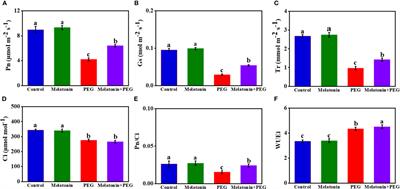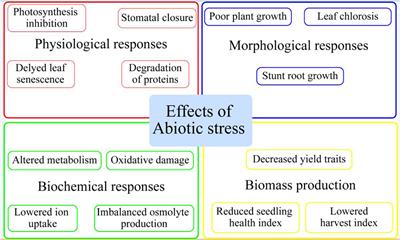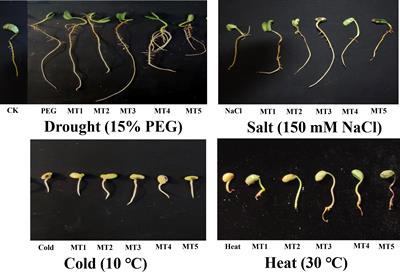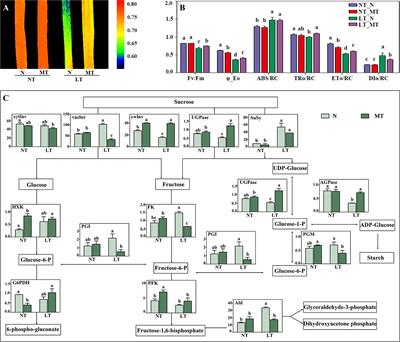EDITORIAL
Published on 12 Sep 2023
Editorial: The potential role of melatonin in the regulation of abiotic stress in plants
doi 10.3389/fpls.2023.1271973
- 1,026 views
- 4 citations
8,890
Total downloads
36k
Total views and downloads
EDITORIAL
Published on 12 Sep 2023
ORIGINAL RESEARCH
Published on 27 May 2023

REVIEW
Published on 23 Mar 2023

ORIGINAL RESEARCH
Published on 23 Mar 2023

ORIGINAL RESEARCH
Published on 13 Mar 2023

ORIGINAL RESEARCH
Published on 06 Mar 2023

REVIEW
Published on 14 Feb 2023

ORIGINAL RESEARCH
Published on 05 Dec 2022

ORIGINAL RESEARCH
Published on 17 Oct 2022

ORIGINAL RESEARCH
Published on 06 Oct 2022
